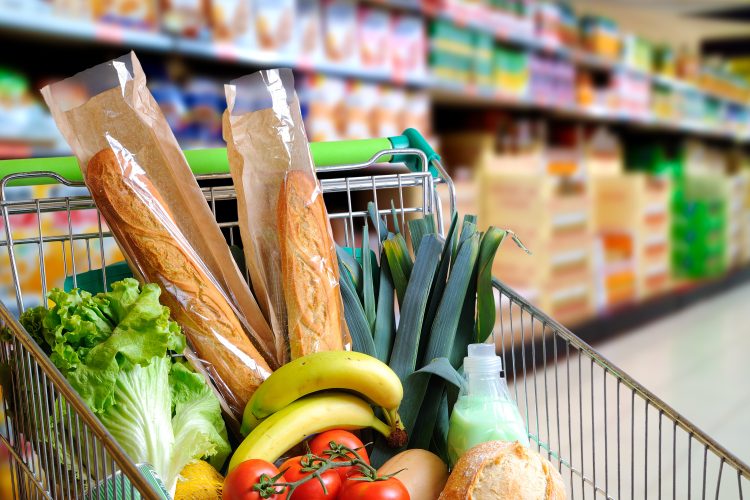Retailer observes surge in health-conscious shopping habits
- Like
- Digg
- Del
- Tumblr
- VKontakte
- Buffer
- Love This
- Odnoklassniki
- Meneame
- Blogger
- Amazon
- Yahoo Mail
- Gmail
- AOL
- Newsvine
- HackerNews
- Evernote
- MySpace
- Mail.ru
- Viadeo
- Line
- Comments
- Yummly
- SMS
- Viber
- Telegram
- Subscribe
- Skype
- Facebook Messenger
- Kakao
- LiveJournal
- Yammer
- Edgar
- Fintel
- Mix
- Instapaper
- Copy Link
Posted: 31 October 2023 | Grace Galler | No comments yet
According to data from a UK supermarket giant, 3.3 million Tesco consumers purchased at least 10 percent more healthy products last year.


Retail giant Tesco has revealed that its shoppers have been altering their purchasing patterns, with 3.3 million of its customers purchasing “at least 10 percent more healthy products in 2022” following changes to product placement and promotions.
Tesco has claimed that its Better Baskets campaign supported consumers in switching to healthier lines, including a 12 percent increase in volume. What’s more, the retailer has said that over 500,000 more shoppers’ baskets are now made up of “at least 65 percent healthy products”.
Commenting on the change in purchasing habits, Ashwin Prasad, Tesco’s Chief Commercial Officer, praised the impact of changes including the removal of products high in fat, sugar and salt (HFSS) multibuy promotions, the roll out of signposting for healthier products and product reformulation, as “positive moves that are yielding clear results by helping customers make healthier choices”.
These updates come a year after the introduction of legislative changes for HFSS, with the new data from Tesco showing an increase in healthy purchases by customers in 2022 across several categories.
The data itself was published in a Tesco report looking into progress against its healthy diets strategy, developed in partnership with the British Nutrition Foundation. The report outlines the steps it is taking to ensure shoppers can choose healthy sustainable and affordable food.
Prasad explained: “The UK has record levels of obesity which is having a huge impact on the NHS and our wider economy, as well as jeopardising the long-term health and prospects of the next generation.
“At Tesco we have seen what’s possible when we create the conditions and incentives to help people to fill their baskets with products that are healthier and more sustainable, but still affordable. I’m encouraged by the progress so far and look forward to even greater collaboration with our suppliers and partners as we work towards our 2025 goal.”
The retailer went on to highlight how Its Better Baskets zones in stores across the UK allowed consumers to access products that are higher fibre, or lower in sugar and calories, or produced “in a way that’s better for the planet” as they were specifically grouped together for consumers to easily access.
“By any credible measure, rates of ill health driven by poor diets are increasing. Despite best intentions, reversing this unacceptable reality cannot be delivered solely through the actions of well-meaning individuals,” said Elaine Hindal, British Nutrition Federation CEO.
“The pace and scale of the changes required to our food environment call for close collaboration and shared responsibility and it is only by working together that we can balance the needs of a contemporary food system, with better access to a healthy and sustainable diet for all.”
“I am proud to be partnering with Tesco, as this represents exactly the collaboration and shared sense of responsibility I believe we need to deliver meaningful change with genuine impact to the UK food environment,” continued Hindal.
Looking to the future, Tesco has set healthy sales target of 65 percent by 2025 and claims it is making “making strong progress towards this”.
The data presented in their report highlights the success of these efforts in promoting healthier and more sustainable food options. As Tesco works toward its approaching goal it exemplifies the importance of collaboration and shared responsibility between retailers, suppliers, and partners in addressing the issue of public health and the broader food environment.
Related topics
Health & Nutrition, Research & development, retail, Supermarket, The consumer, Trade & Economy








